A chilly August in Edinburgh. Colder than it’s been for 20 years and the city looks scruffier than ever. Locked Portakabins squat in elegant stone courtyards. Unused site machinery lies abandoned outside neoclassical museums. Pavements and bridges are scarred by ugly steel roadblocks, and lurid street signs mar the visual harmony of virtually every thoroughfare. The place seems to be governed by a crew of philistine control freaks whose bossy urges affect the festival staff. You can’t move anywhere without a lecture. ‘Go this way, not that way, mind your head, ascend the steps on the left to avoid those coming down on the right, and take off your jacket for your own protection and comfort.’
It’s a relief to visit Panmure House, where Adam Smith wrote The Wealth of Nations, and which has been chosen by Dominic Frisby for his comedy lecture about gold. Some of his funniest stories are tragic. In 1886, a prospector found traces of alluvial gold in Witwatersrand, South Africa, and he promptly sold the concession for a profit. The seam he discovered would eventually yield 40 per cent of all the gold ever mined on Earth. His price? Ten pounds. Some investors mistrust gold. Warren Buffett can’t see the point of it. You dig it out of a hole, he says, and drop it in a new hole surrounded by armed guards.
Bad Play is a jaunty spoof of an Arthur Miller drama. An anxious mother awaits the return of her two sons, one from jail and the other from war, while her husband tries to conceal the fact that he’s gambled away the family fortune. The zany show starts out as a spirited Saturday Night Live sketch and so it continues without enough variety. Ultimately, it’s too detached from reality to sustain the hour-long running time.
The troubled life of Zelda Fitzgerald is brilliantly dramatised in The Last Flapper. During the 1920s, Zelda relished her status as the wife of a celebrated writer. ‘I’ve taken up golf,’ she told one interviewer. ‘I play like Louis XIV, on a stomach full of wine, and I cheat a lot and I wear high heels.’ She didn’t mind that Scott stole her diaries and published her short stories under his name: ‘He believes plagiarism begins at home.’ In Paris, their lives were marred by the arrival of Hemingway who dismissed Zelda as ‘crazy’. She regarded him as an aggressive bullying fraud, ‘a pansy with hair on his chest’. She divined that his ultra-virile hobbies were a means of camouflaging his ambiguous sexuality.
Food is a series of actions rather than a play and it asks us the following questions: ‘Why do we eat what we eat? Where does it come from? Do we need what we eat?’ Schoolkids might enjoy this debate but adults are unlikely to care. The setting is a huge square table laid with a white cloth where a trim waiter, Geoff Sobelle, stands and greets the punters charmingly. He starts with an exercise. ‘Close your eyes,’ he says. He asks us to think about our last meal, our first meal, our existence as an embryo, and our life as a primitive aquatic species swimming through the ocean several billions of years ago. He tells us we can remember emerging from the slime and crawling out on to a beach where we grew a pair of hands and went shopping. Did we do that? Apparently.
Sobelle is plainly short of material but he’s brilliant at wasting time in a theatre and with a 90-minute slot to fill he has to exploit this talent to the maximum. He serves drinks to 27 diners and encourages them to banter between themselves. He then takes the drinks away and asks random people to describe random meals they’ve cooked. After this he cracks nine eggs into a glass bowl with unwashed fingers and offers the yellow swill to an unlucky ticket-holder. She refuses the gift so he drinks the maggot-coloured bilge himself. And he spends the next 20 minutes cramming raw salad ingredients into his mouth. He then pretends to drink several litres of wine by using trick bottles that won’t trick anyone.
By now we’re an hour into the show and the finale is upon us. He whips away the tablecloth to reveal a pit of sand which he spreads with toy cows, remote-controlled tractors and wonky cardboard buildings. He hands out plastic trucks to the diners and asks them to trundle the toys around the edge of the sandpit for him. As a closing gesture he disappears through a hole in the middle of the table. The end. Much time would have been saved had he vanished after the first minute rather than the 90th. Depressingly, the crowd seemed to enjoy this shapeless and futile exercise in pretentious banality. Edinburgh must be truly starved of culture if it calls this entertainment.
Got something to add? Join the discussion and comment below.
Get 10 issues for just $10
Subscribe to The Spectator Australia today for the next 10 magazine issues, plus full online access, for just $10.
You might disagree with half of it, but you’ll enjoy reading all of it. Try your first month for free, then just $2 a week for the remainder of your first year.

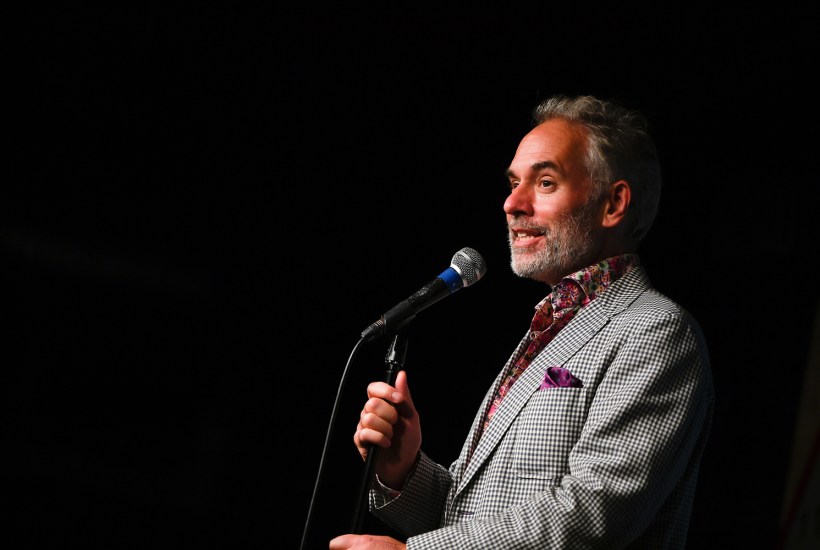
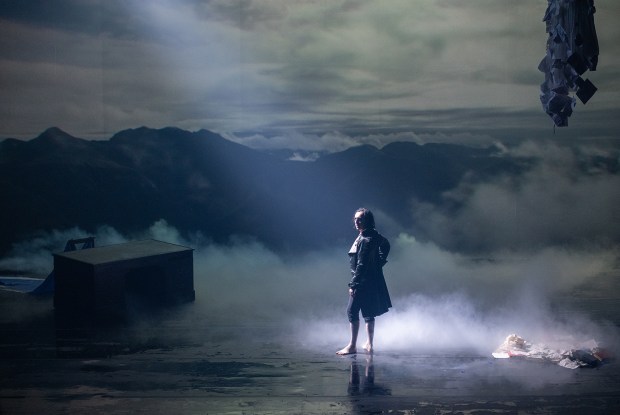
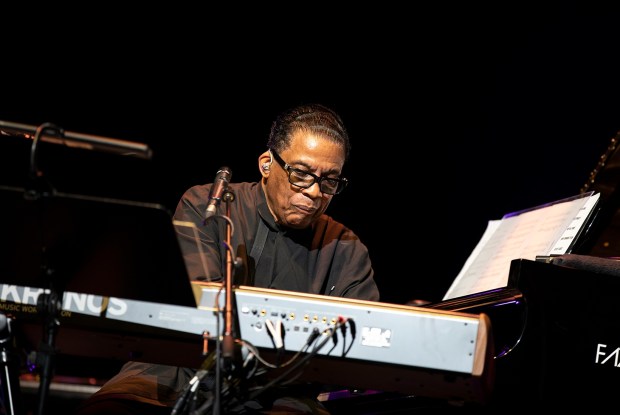
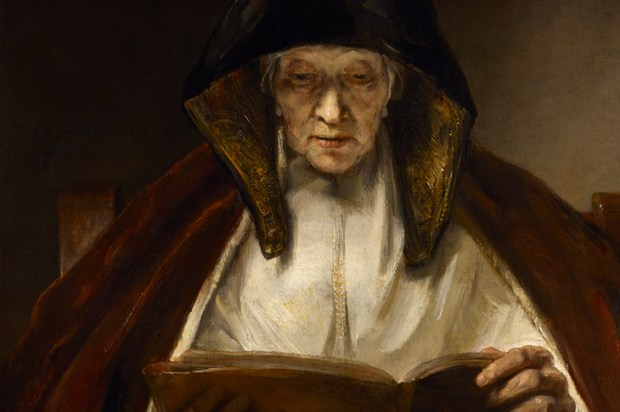

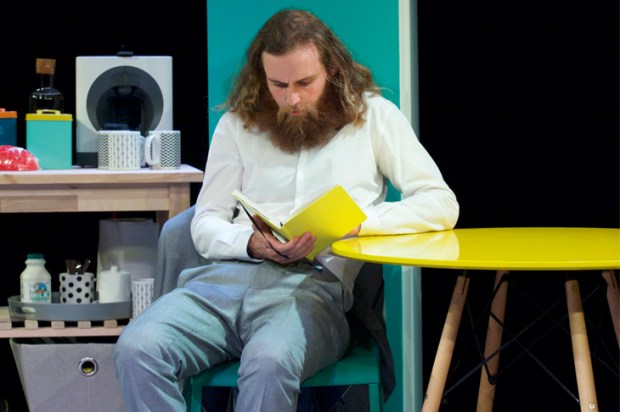







Comments
Don't miss out
Join the conversation with other Spectator Australia readers. Subscribe to leave a comment.
SUBSCRIBEAlready a subscriber? Log in